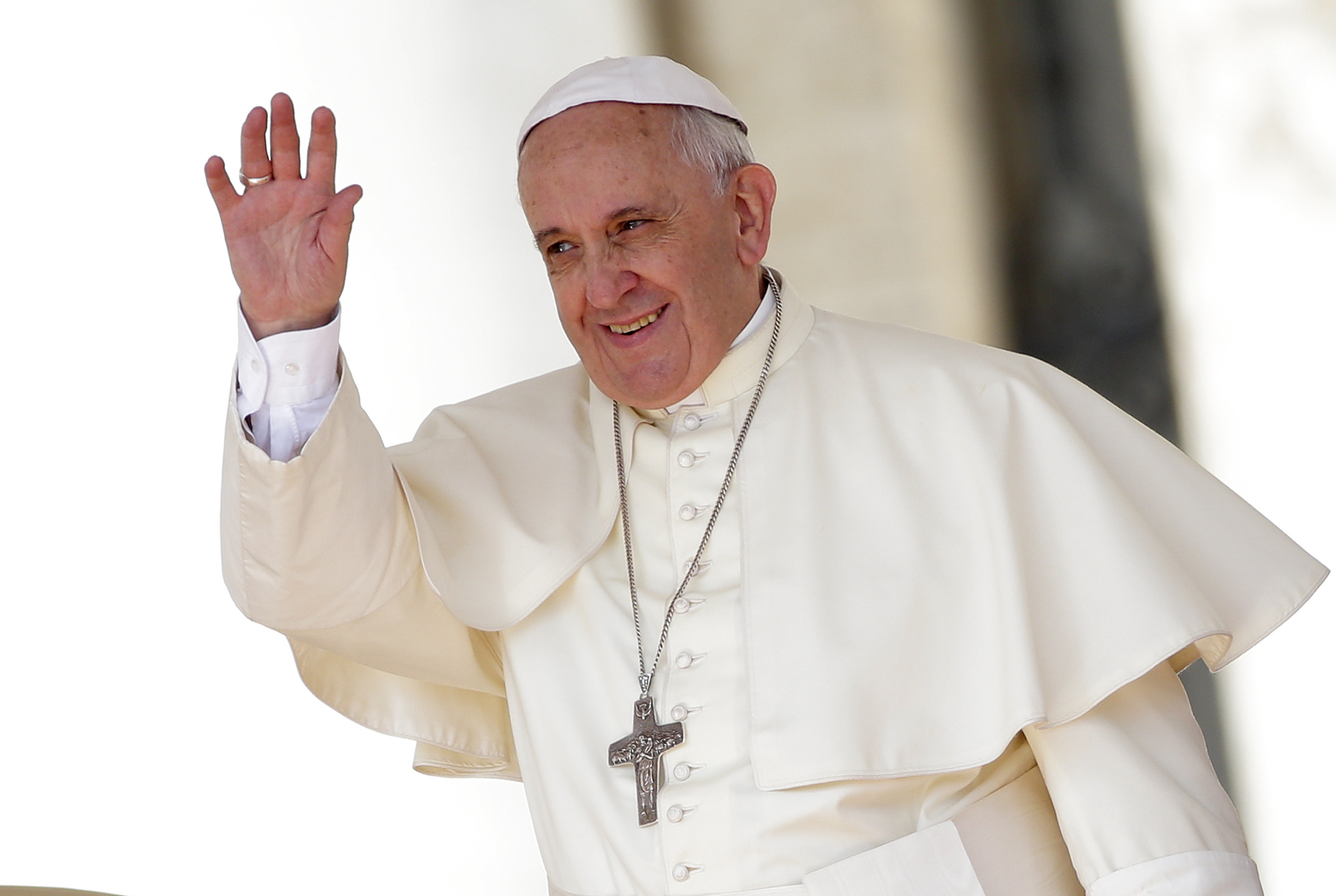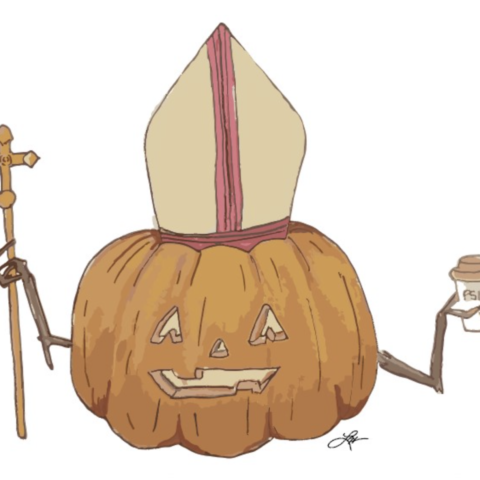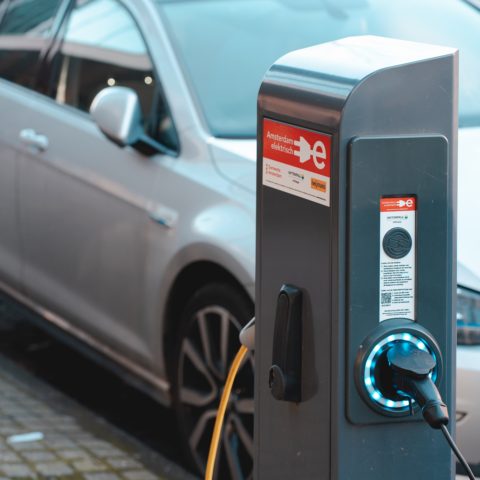In the months leading up to September 22nd, the city of Philadelphia has been abuzz. Now, just two weeks shy, the city is in a state of mayhem, as they brace for “popenado,” as described by Philadelphia Magazine. Pope Francis, the Argentinian neo-liberal, uncharacteristically popular leader of the Catholic faith, has chosen the fifth largest city in America (with one of the highest Catholic populations) to grace with his divine presence during his world tour. Philadelphia will also host the World Meeting of Families in accordance with the Pope’s visit, “a week-long international event of prayer, catechesis, and celebration that draws participants from around the globe.”
This is bigger than Beyonce (and not just because Jay-Z’s music festival, Made in America, is based in the city.)
For Philadelphia, home to nearly 1.5 million Catholics, this is a tremendous honor. This event will mark Pope Francis’s first visit to the United States during both his papal career and life. While Philadelphia seemed like an unlikely destination at the time it was chosen, earlier this summer the city was declared by Huffington Post as the “Coolest City in America.” What better place to host what some are arguing as history’s most popular pope than America’s coolest city? A recent PEW study revealed that 90% of Catholics in the United States either favored or highly favored the pope, as well as 61% of protestants and 63% of those who identified as being non-religious. Pope Francis’s popularity is unprecedented for his position, and he has been hailed as the first pope to bridge the gap between the archaic Vatican City and the non-Catholic world. The coordination of the Pope’s visit and Philadelphia’s changing image was perfectly timed, and it appears that the city couldn’t be more thrilled.
To America’s majority non-Catholic, non-Philadelphian population, the Pope’s arrival may seem largely irrelevant. If you are one of the 1,446,508 members of the archdiocese of Philadelphia, this is the event of a lifetime. If you are one of the other 318.4 million Americans, you may not even know this papal visit is happening.
But this event is important for everyone, Catholics and non-Catholics alike. As the most politically-minded pope in history, his influence on the world stage far surpasses his influence over the Catholic Church. This event is relevant simply because Pope Francis, and his radical papacy, are relevant.
Pope Francis, to the shock, dismay, and awe of the Catholics worldwide, is the pushing forward with a “liberal momentum” unmatched by any pope in recent history. His papacy, which began in 2013, has been characterized by a close relationship with the public and a flair for the spontaneous. His papacy has focused on drawing poverty, family, and the environment into the public eye, and Francis hopes his visit to Philadelphia will spark a national dialogue surrounding these topics. The contrast between the conservative nature of the Catholic Church and the Pope’s progressive views on global climate change have sent shockwaves through the Catholic world. His second encyclical, or letter to the Catholic world, was entitled “Laudato Si’” and includes a section titled “In care for our common home,” where Pope Francis expresses his views that climate change, caused by big business, laissez faire policies, indifferent politicians, and capitalistic individuals, to name but a few, can no longer be ignored. Francis, who has a master’s degree in Chemistry from the Universidad de Buenos Aires, has the institutional background to provide an educated opinion on the matter. Pope Francis is an unlikely politician crossing party lines, hoping to inspire Catholics and non-Catholics alike to act responsibly for the sake of the environment.
The papal agenda will include visiting victims of sex abuse, prisoners in Philadelphia’s Curran-Fromhold Correctional Facility, and spending quality time with Philadelphia’s Catholic families – all accompanied by the “pope-mobile,” which will make the transatlantic journey. The pope will focus his attention on promoting social services and visiting those in need rather than berating America for its stance on same-sex marriage and abortion. Francis recently released a statement allowing Catholic priests to forgive women who have had abortions during the Church’s “Year of Mercy” beginning this December. This unprecedented “widening of the Church’s mercy” reflects Francis’s track record of forgiveness for once-condemned Catholic “moral sins.” Francis has also shown support for the LGBTQ community, a position unheard of by former popes. He was quoted in 2013 explaining, “If someone is gay and he searches for the Lord and has good will, who am I to judge?” He has also demonstrated support for the transgender community by inviting transgender Diego Neria Lejarraga to the Vatican and embracing him into the Church, to the dismay of Catholic priests in Lejarraga’s native Spain.
Francis is a compassionate counterpart to the traditionally rigid Catholic leadership that has characterized the faith since its conception, and he continues to promote interfaith dialogue while leading the Catholic faith into the 21st century. Time Magazine describes Francis as an “icon that transcends the religion”: this transcendence, in a time of religious extremism and conflict, may be exactly what the world needs.
Photo Credit: The Independent


